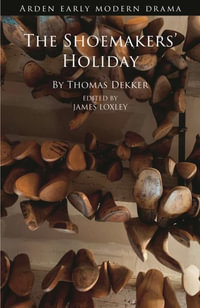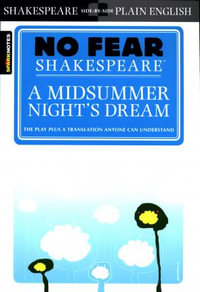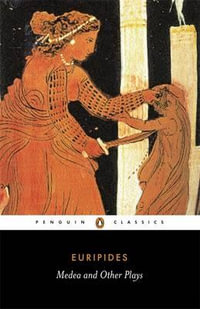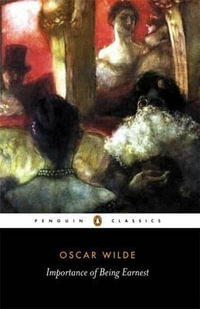Written during the long battles with Sparta that were to ultimately destroy ancient Athens, these six plays by Euripides brilliantly utilize traditional legends to illustrate the futility of war. The Children of Heracles holds a mirror up to contemporary Athens, while Andromache considers the position of women in Greek wartime society. In The Suppliant Women, the difference between just and unjust battle is explored, while Phoenician Women describes the brutal rivalry of the sons of King Oedipus, and the compelling Orestes depicts guilt caused by vengeful murder. Finally, Iphigenia in Aulis, Euripides' last play, contemplates religious sacrifice and the insanity of war. Together, the plays offer a moral and political statement that is at once unique to the ancient world, and prophetically relevant to our own.
About The Author
Euripides, the youngest of the three great Athenian playwrights, was born around 485 BC of a family of good standing. He first competed in the dramatic festivals in 455 BC, coming only third; his record of success in the tragic competitions is lower than that of either Aeschylus or Sophocles. There is a tradition that he was unpopular, even a recluse; we are told that he composed poetry in a cave by the sea, near Salamis. What is clear from contemporary evidence, however, is that audiences were fascinated by his innovative and often disturbing dramas. His work was controversial already in his lifetime, and he himself was regarded as a ‘clever’ poet, associated with philosophers and other intellectuals.
Towards the end of his life he went to live at the court of Archelaus, king of Macedon. It was during his time there that he wrote what many consider his greates work, the Bacchae. When news of his death reached Athens in early 406 BC, Sophocles appeared publicly in mourning for him. Euripides is thought to have written about ninety-two plays, of which seventeen tragedies and one satyr-play known to be his survive; the other play which is attributed to him, the Rhesus, may in fact be by a later hand.
























